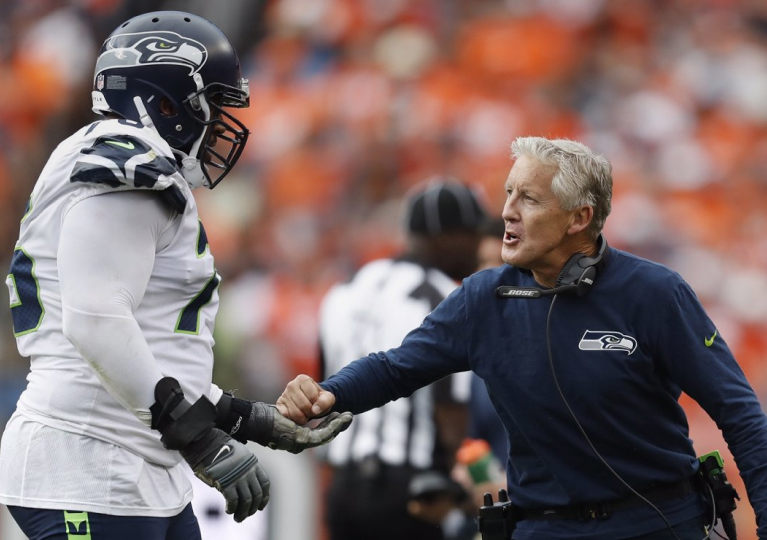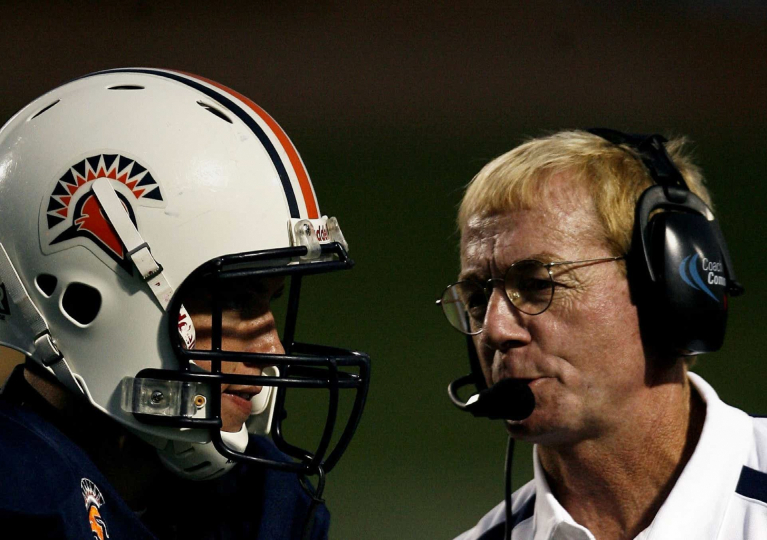A private football coach can teach you the intricacies of the sport. With each football training session, he can successively break down the fundamentals that make all the difference in the long run. If an athlete is looking to take his game to the next level, hiring a private football coach is a good idea.
Here in this post, we will discuss the main responsibilities of a private football coach. Knowing about these responsibilities can help athletes and their parents make informed decisions when deciding on hiring a personal football coach.
#1: Good Appearance & Fitness
A private football coach should look neat and tidy on all occasions when he is interacting with children or their parents. He should also be physically fit.
#2: Continue Learning
A private football coach should be prepared to learn, and to understand how young children best acquire the necessary skills for playing football. While some children tend to learn by listening, others learn better by doing.
#3: Motivate the Player
Young players always look up to their personal football trainers for guidance and inspiration. It is the responsibility of a personal football coach to motivate a player. A coach’s words should fire up a young player and inspire him to put in his best efforts.
Football coaches are supposed model the positive behavior and personality traits that will teach children valuable lessons they can use all through their lives.
#4: Make a Player Believe in His Abilities
When children first begin practicing, they tend to have all sorts of doubts about their physical abilities. After having failed a few times in learning how to tackle, block or pass, a child may start believing that he is not cut for the sport. On such occasions, it is the responsibility of a coach to speak with the child and make him believe in his abilities.
#5: Work as a Team
Private football coaches need to consider both the children and their parents as parts of the team they are leading. From time to time, a coach should have a meeting with the children and their parents about –
- Parent-coach communication policy
- Expectations of players and their parents
- A child’s mental attitude and his health
#6: Communicate Effectively
It does help when a football coach has been a former professional footballer or has played for a high school or a college. But it is equally important that a coach is able to explain things clearly to players who have just begun playing football.
A private football coach needs to be a good teacher who can put himself in the shoes of the children he is training.
#7: Answer Questions
A personal football coach should learn as much as he can about football and stay abreast with the big matches on television.

A lot of children watch the big matches; out of natural curiosity, they may put forward numerous questions to their coaches about the games they have watched recently. It is the responsibility of a coach to nurture this natural curiosity for better results on the field.
#8: Be Punctual
Private football coaches should arrive early in the field before training sessions commence. They should be the first to arrive and make necessary arrangements such as setting up the equipment.
#9: Take Care of the Health and Safety of Children
One of the primary responsibilities of a private football coach is to make sure the children who participate in training sessions are safe from potential harm and are cared for correctly in the event of an injury on the field.
#10: Be accredited
In many states, it may be a legal requirement for football coaches to get certified before they can offer private football coaching. In any case, it is a good idea to complete some certification courses before a coach begins offering private football coaching.

